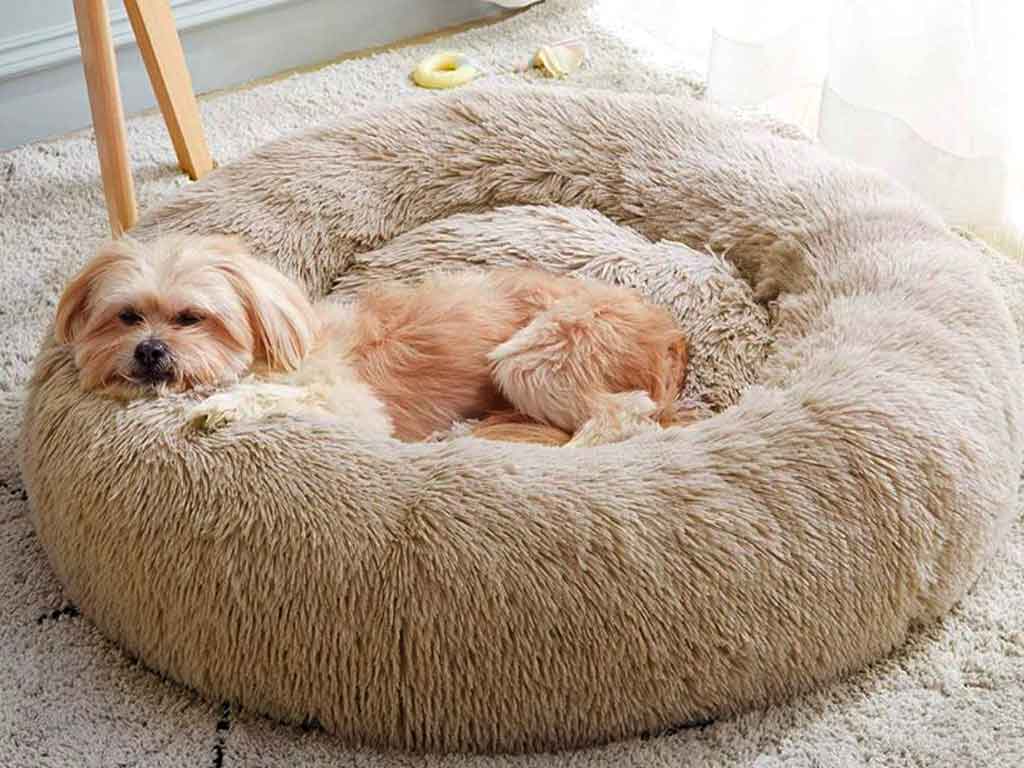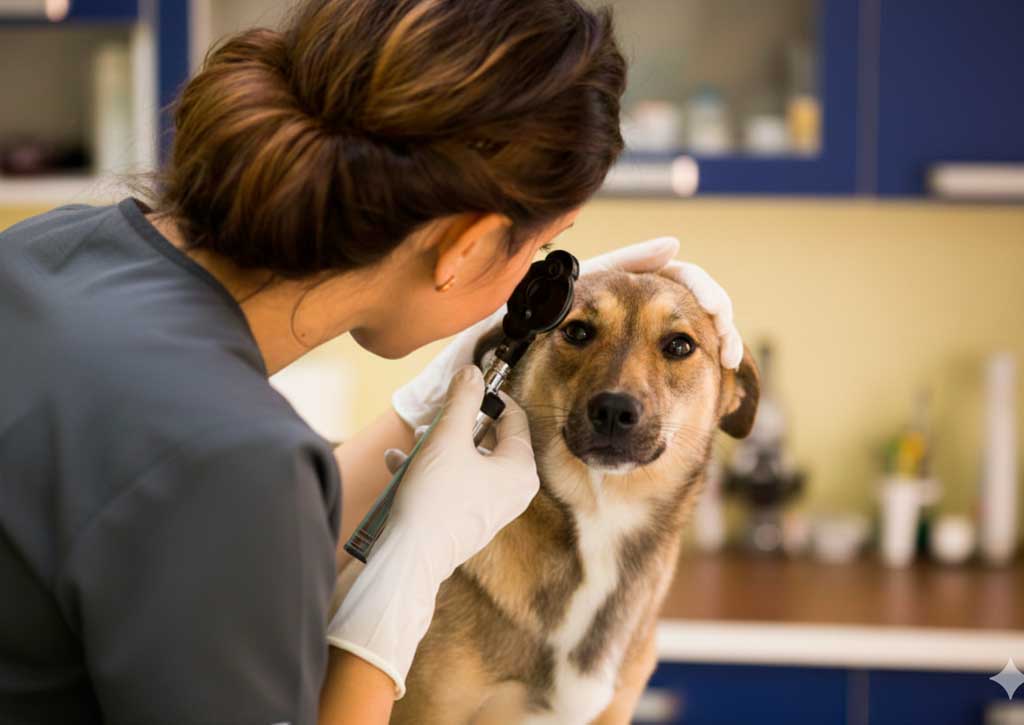When it comes to our pets’ well-being, one of the most important decisions is choosing a suitable bed for our dog. A good bed not only provides a comfortable place to rest but also significantly contributes to our four-legged friend’s health and happiness. In this comprehensive guide, we will explore all the factors you should consider before buying a bed for your dog and how to make the best decision for their well-being.
Factors to Consider Before Buying a Dog Bed
Dog Size
One of the most critical factors to consider is your dog’s size. It’s crucial to choose a bed that fits their dimensions to ensure their comfort.
- How to measure your dog correctly: Measure from the tip of the nose to the base of the tail and add a few extra centimeters to ensure the bed is large enough. Also, measure your dog’s height from the ground to the shoulders if they like to stretch out.
- Examples of bed sizes by breed: Small dogs like Chihuahuas will suffice with a small bed, while larger breeds like Labradors will need an extra-large bed.
Behavior and Sleep Habits
- Different sleep positions and their meanings: Some dogs sleep curled up, while others stretch out completely. Knowing your dog’s preferred position will help you choose a bed that provides the necessary support.
- How sleep habits influence bed choice: A dog that stretches out will need a larger bed, whereas one that sleeps curled up may prefer a bed with raised edges.
Age and Health Status of the Dog
Your dog’s age and health status should also influence your decision.
- Special considerations for older dogs or those with health issues: Older dogs or those with joint problems may benefit from orthopedic beds that provide greater support and pressure relief.
Type of Bed
There are different types of beds on the market, each with its own advantages and disadvantages.
- Orthopedic beds: Ideal for older dogs or those with joint issues.
- Memory foam beds: Conform to the dog’s body, offering optimal support.
- Elevated beds: Keep the dog off the ground, providing ventilation and coolness.
- Heated beds: Perfect for cold climates and dogs needing extra warmth.
- Pros and cons of each type: Orthopedic beds excel in support but can be pricey. Elevated beds are easy to clean but may not suit all dogs. Heated beds can be very comfortable but require electricity.
Material and Ease of Cleaning
The bed’s material is another crucial aspect to consider.
- Common and hypoallergenic materials: Foam, cotton, polyester, and hypoallergenic materials are ideal for dogs with allergies.
- Importance of ease of cleaning and maintenance: A bed with a removable and washable cover will greatly facilitate cleaning and maintenance, helping to maintain a hygienic environment for your dog.
Durability and Price
Durability and price are important considerations when choosing a bed for your dog.
- How to assess the durability of a bed: Check the seams, material quality, and reviews from other buyers.
- Value for money: The most expensive bed isn’t always the best. Look for a bed that offers a good balance between quality and price.
Bed Location
The bed’s location is also an important factor to consider.
- Tips on where to place the bed in your home: Place the bed in a quiet and comfortable spot, away from drafts and high-traffic areas.
- Considerations for the environment: Ensure the bed is in a place where your dog feels safe and relaxed.
Benefits of Choosing the Right Bed
Choosing the right bed for your dog can bring multiple benefits.
- Improved quality of dog’s sleep: A comfortable, supportive bed ensures restful sleep.
- Prevention of health problems: A suitable bed can help prevent joint and muscle issues.
- Enhanced overall well-being of the dog: A well-rested dog is a happy and healthy dog.
Tips and Recommendations
Here are some practical tips to help you choose the best bed for your dog:
- Observe your dog and their sleep habits before deciding.
- Consider purchasing a bed with a removable cover for easy cleaning.
- Invest in good quality bedding; while it may be more expensive initially, it will be a better long-term investment.
- Look for beds recommended by veterinarians or with positive reviews from other pet owners.
Choosing the perfect bed for your dog is not a simple task, but with the right information, you can make an informed decision that will significantly improve your pet’s life. Remember to consider size, sleep habits, bed type, material, ease of cleaning, durability, and price. A good bed will not only provide a comfortable resting place but also contribute to your dog’s overall well-being.











